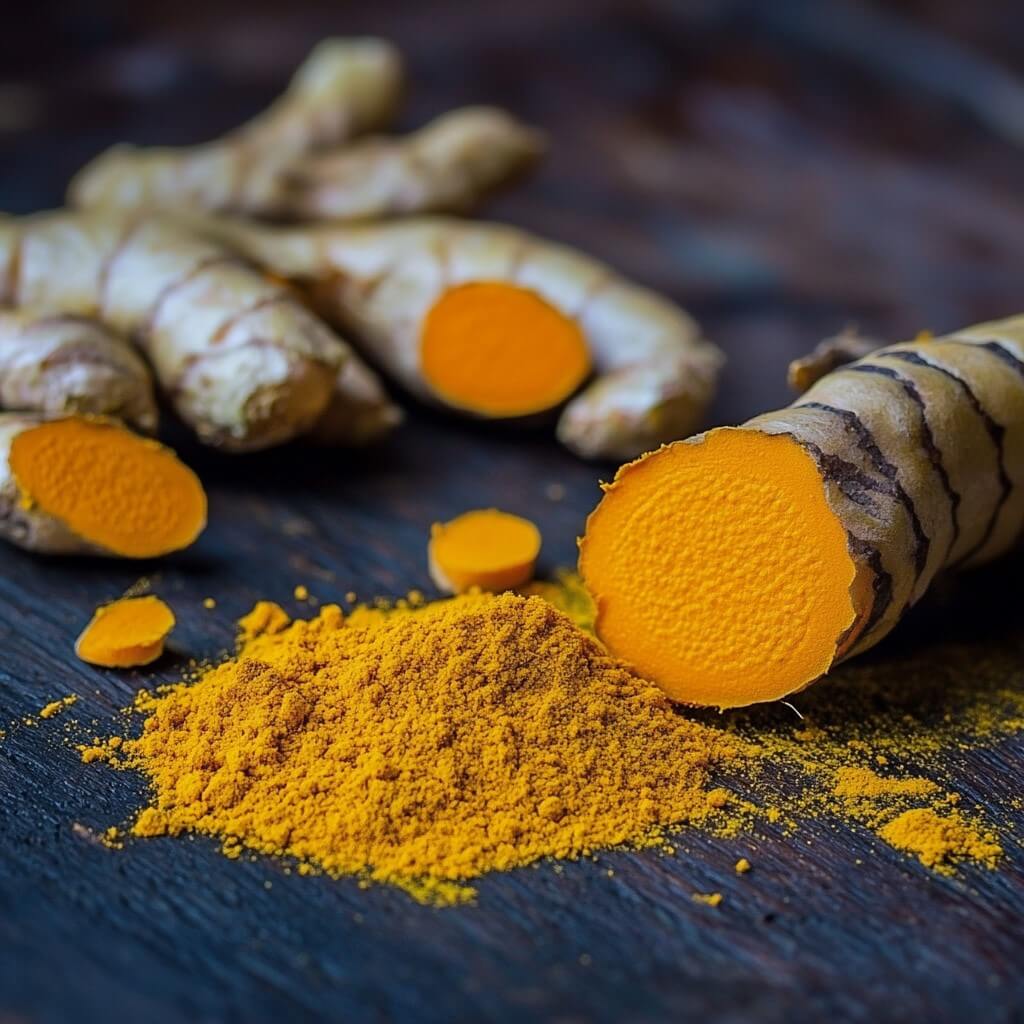When it comes to natural remedies, turmeric and its active compound, curcumin, are the stars of the show. As an integrative and functional medicine physician, I can confidently say these supplements can pack a serious punch and provide a plethora of benefits.
Curcumin is celebrated for its potent anti-inflammatory and antioxidant properties. According to the 2017 review of 66 top modern research papers on curcumin supplementation by Hewlings and Kalman, curcumin has been linked to various health benefits, including improved joint health, enhanced cognitive function, and even potential cancer-fighting abilities. The active compounds work at a cellular level, helping to combat oxidative stress and inflammation, two key players in many chronic diseases.


Who stands to gain the most from curcumin supplementation? If you’re battling inflammation—be it arthritis, metabolic syndrome, mental health issues, or chronic pain—curcumin could be your ally. Additionally, those at risk for neurodegenerative diseases or looking to boost cognitive health may find support from this golden spice. Importantly, it’s not just for the ailing; even healthy individuals can benefit from a daily dose to enhance overall wellness.
However, it’s crucial to know that curcumin is poorly absorbed in the body on its own. For maximum efficacy, look for supplements that include piperine (black pepper extract), phospholipids (Meriva, BCM-95), antioxidants (CurcuWIN) or nanoparticles (Theracurmin) which significantly enhance curcumin absorption. Moreover, always consult your healthcare provider before starting any new supplement regimen, especially if you’re pregnant, nursing, or on medication.
In summary, while turmeric and curcumin supplements offer exciting health benefits, they’re not a magic bullet. With the right knowledge and guidance, you can harness the power of this vibrant spice to support your health journey. So, consider adding curcumin to your wellness routine—but do it wisely.
Takeaways:
- Do you need a curcumin supplement for short term benefits? Curcumin as a supplement, when taken in appropriate doses, appears to have many potential significant health benefits, both in the short-term and long-term. For example, it has been shown to improve exercise recovery by significantly reducing late onset muscle soreness after high intensity exercise or heavy resistance training, and it has been shown to be comparatively as effective NSAIDs for pain relief with osteoarthritis. Curcumin also has less GI side effects than NSAIDs and appears to have positive effects on reduction of chronic pain.
- Should I take a curcumin supplement for long term benefits? Chronic inflammation and oxidative stress play a role in developing metabolic Syndrome and Type II Diabetes. Chronic supplementation with curcumin has been shown to prevent the progression to Type II Diabetes from pre-diabetes, and also helps with blood glucose regulation, insulin sensitivity, reduces fat accumulation, and lowers blood lipid levels.
- Should I take a curcumin supplement to prevent Alzheimer’s disease or dementia? There is some exciting research that suggests curcumin supplementation could be beneficial in prevention and reduce progression of these types of diseases. More research is needed to make conclusions.
- What about curcumin and cancer? Again, there are active studies that suggest curcumin may play a beneficial complementary role in cancer treatments, but we cannot make conclusions at this time.
- What dose of curcumin should I take? Expert recommendations generally agree that taking 500mg of high-quality curcumin 2-3 times daily will maximize anti-inflammatory benefits for pain reduction.



